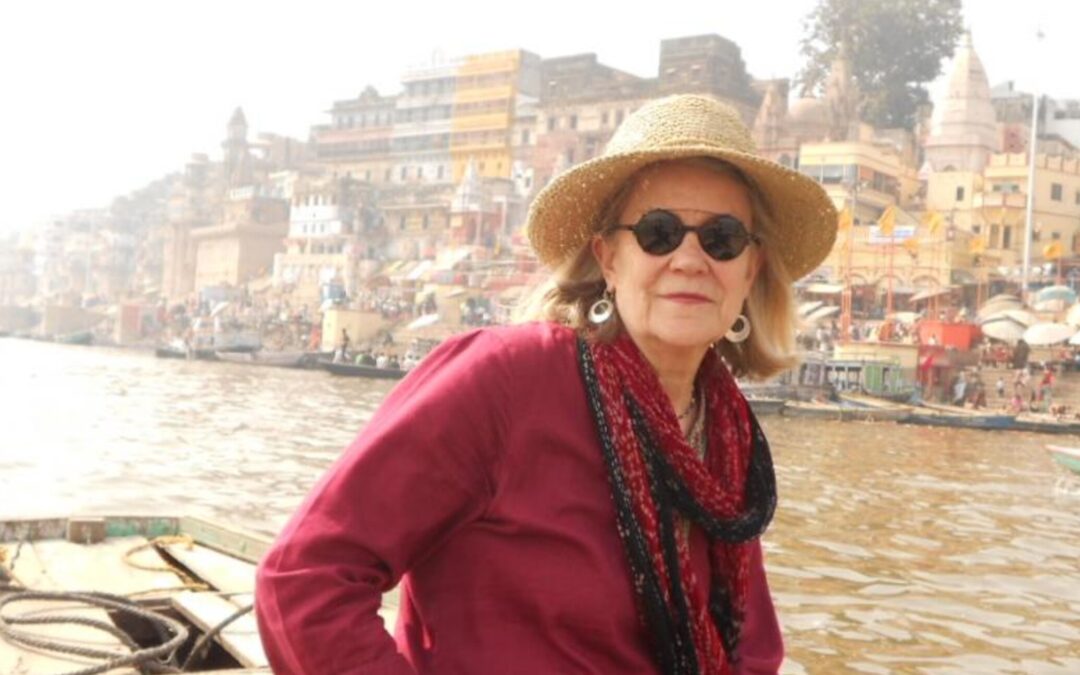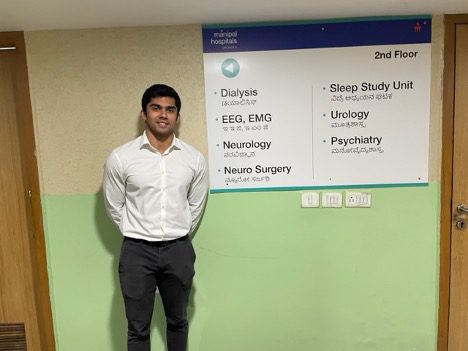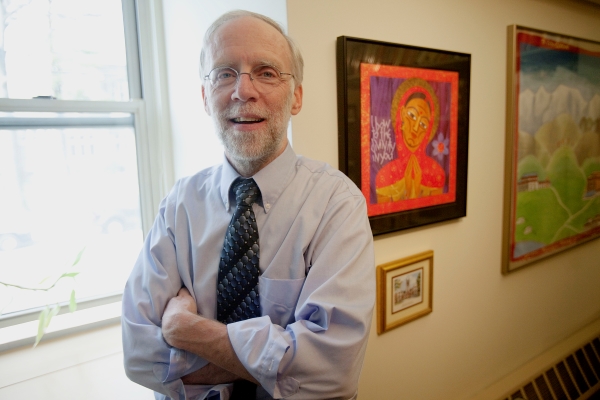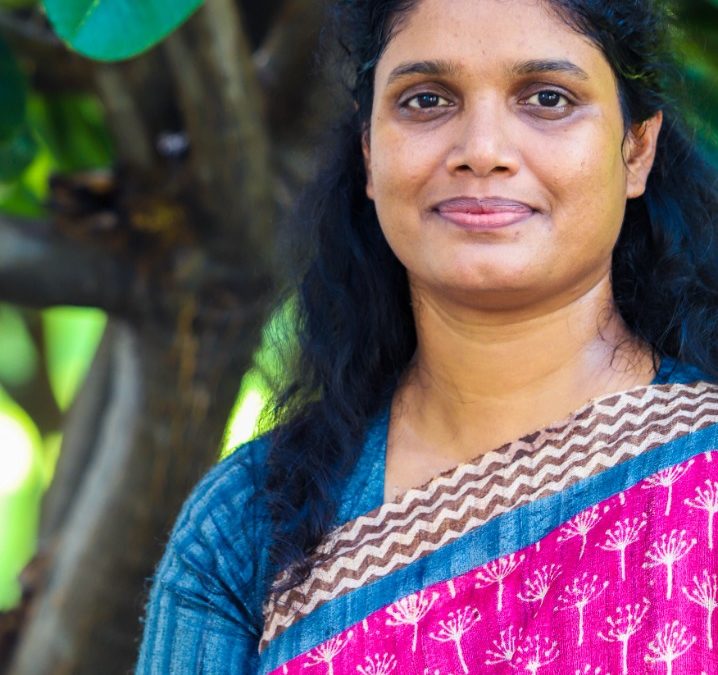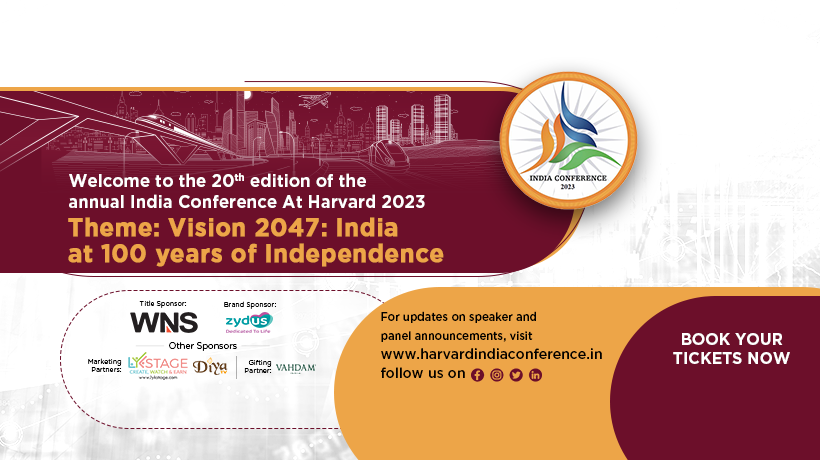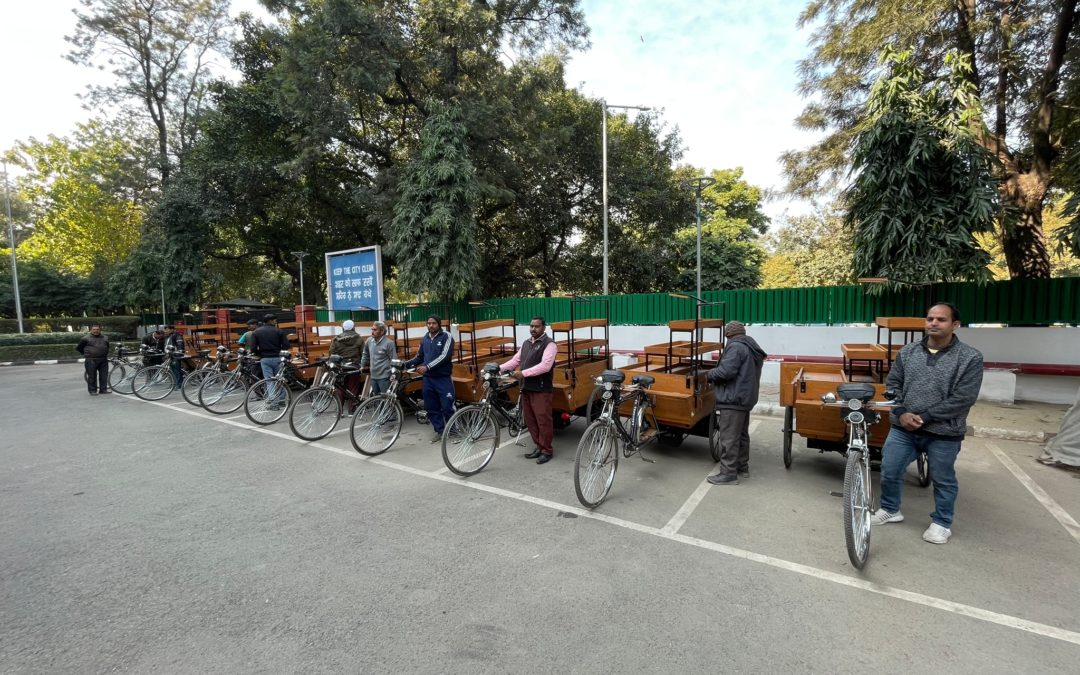Mapping Color in History to Transform the Study of South Asian Art

Deep in a bank vault of Mumbai’s Asiatic Society lies a revered treasure that is much studied in textbooks but rarely seen. The early 16th-century painted manuscript (dated 1516 CE), one of the oldest of its kind in the world, requires a committee’s approval to see the light of day – a committee that had remained elusive to Prof. Jinah Kim, an expert in South Asian art, for years. But last September, her proposal to study the painted manuscript finally got the go-ahead, and capturing the color from the rare piece of work may just change the study of South Asian art – and maybe all of Asian art – forever.


